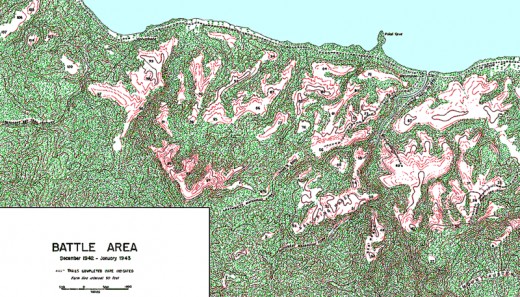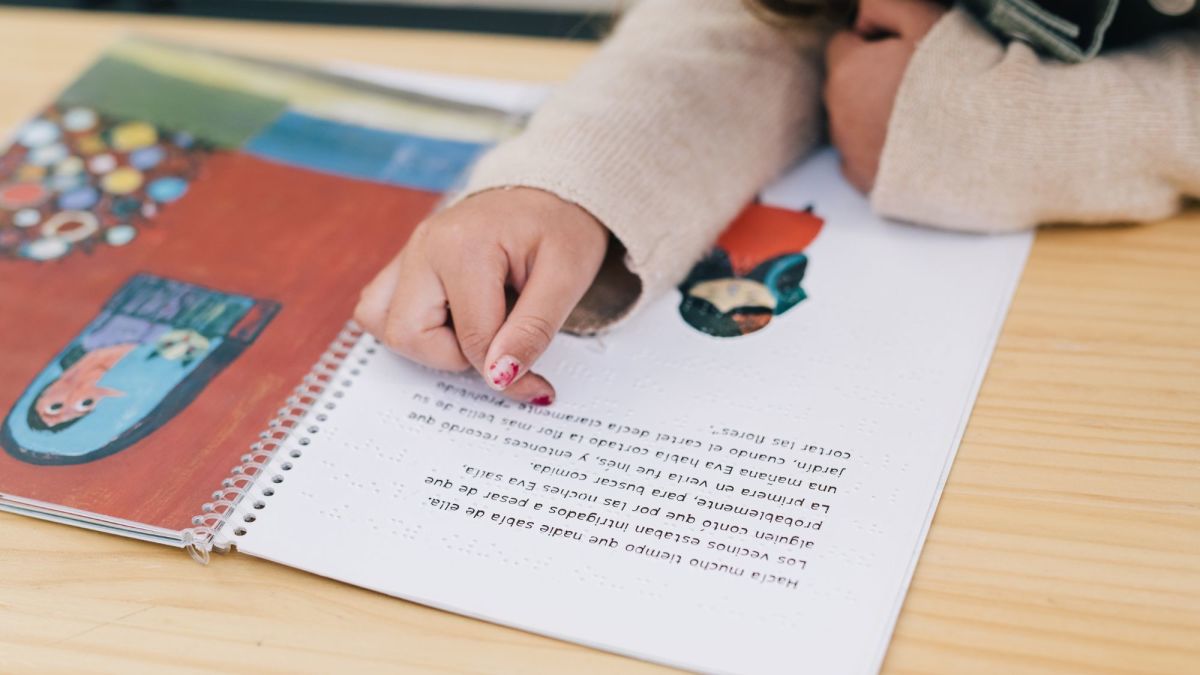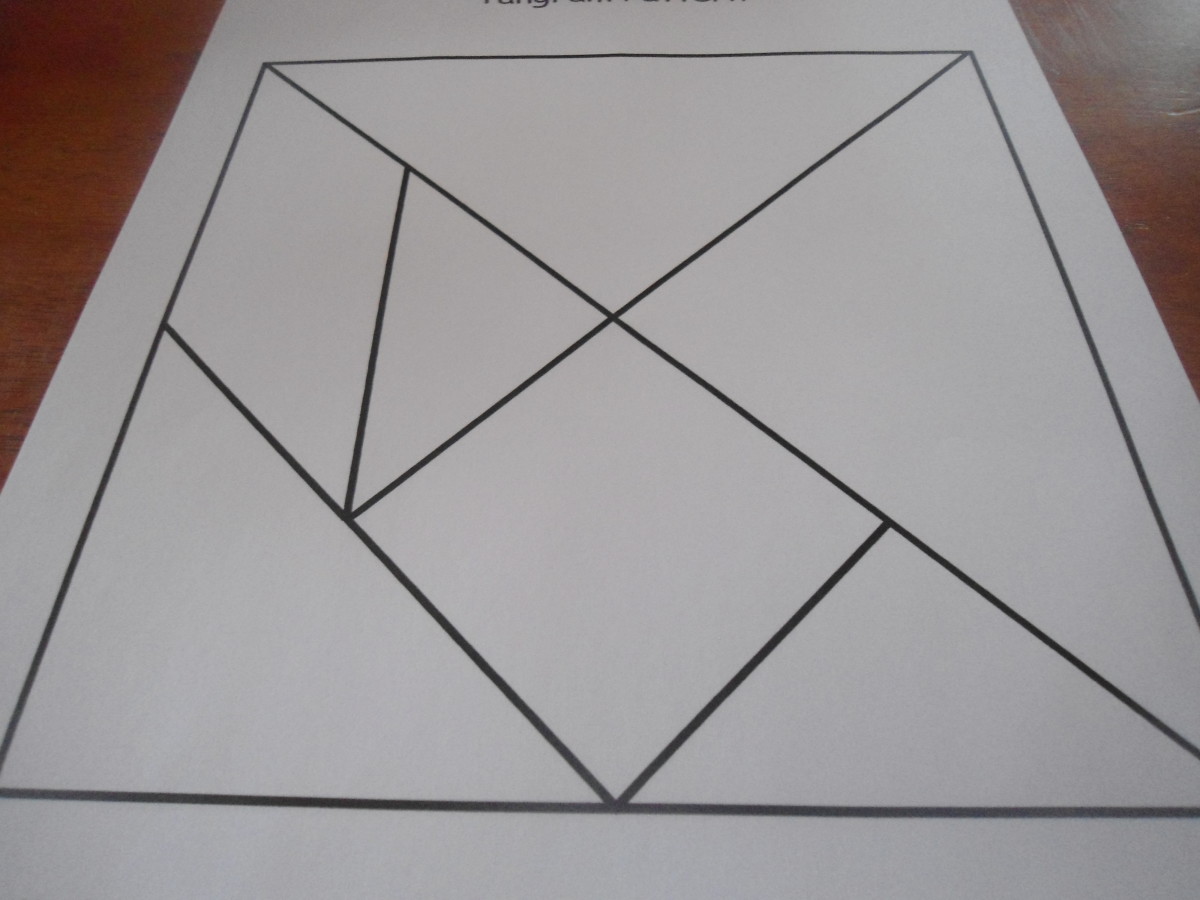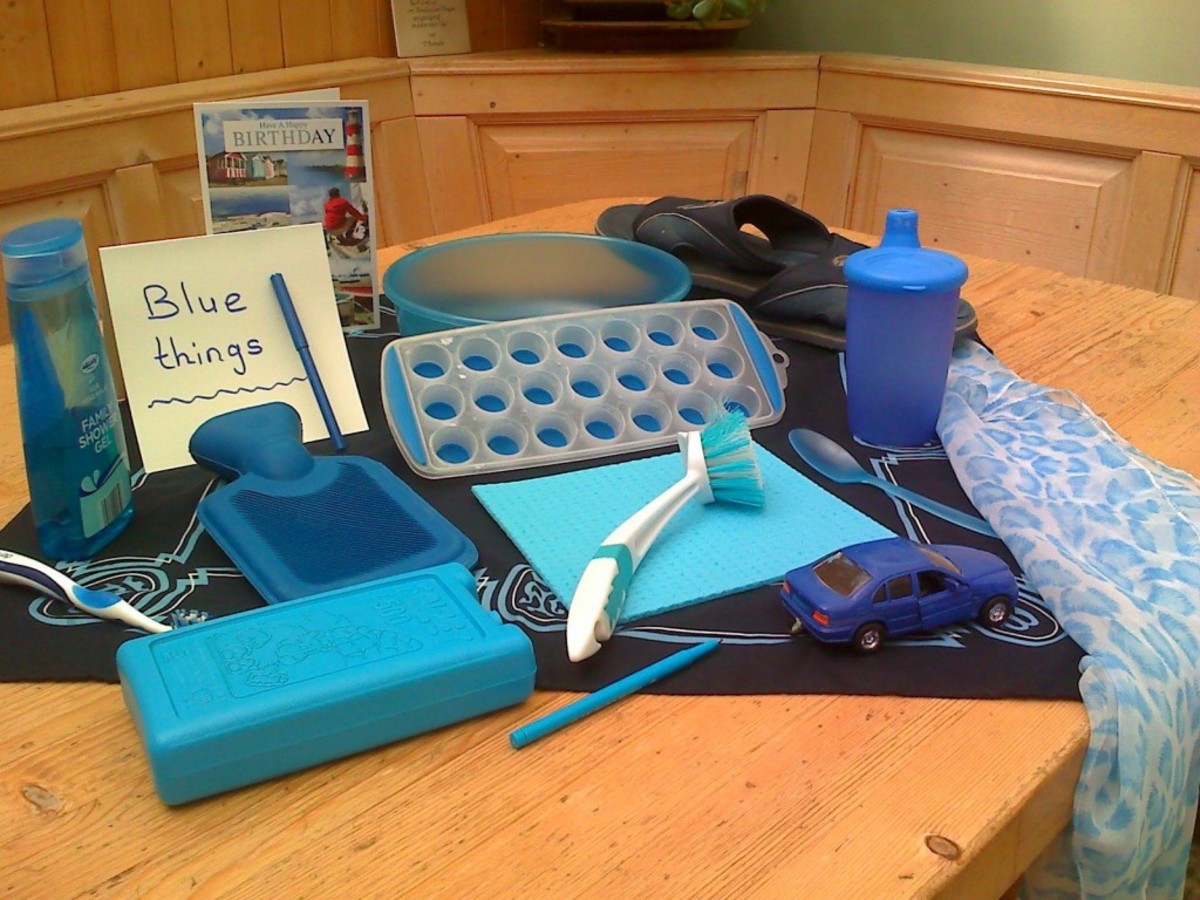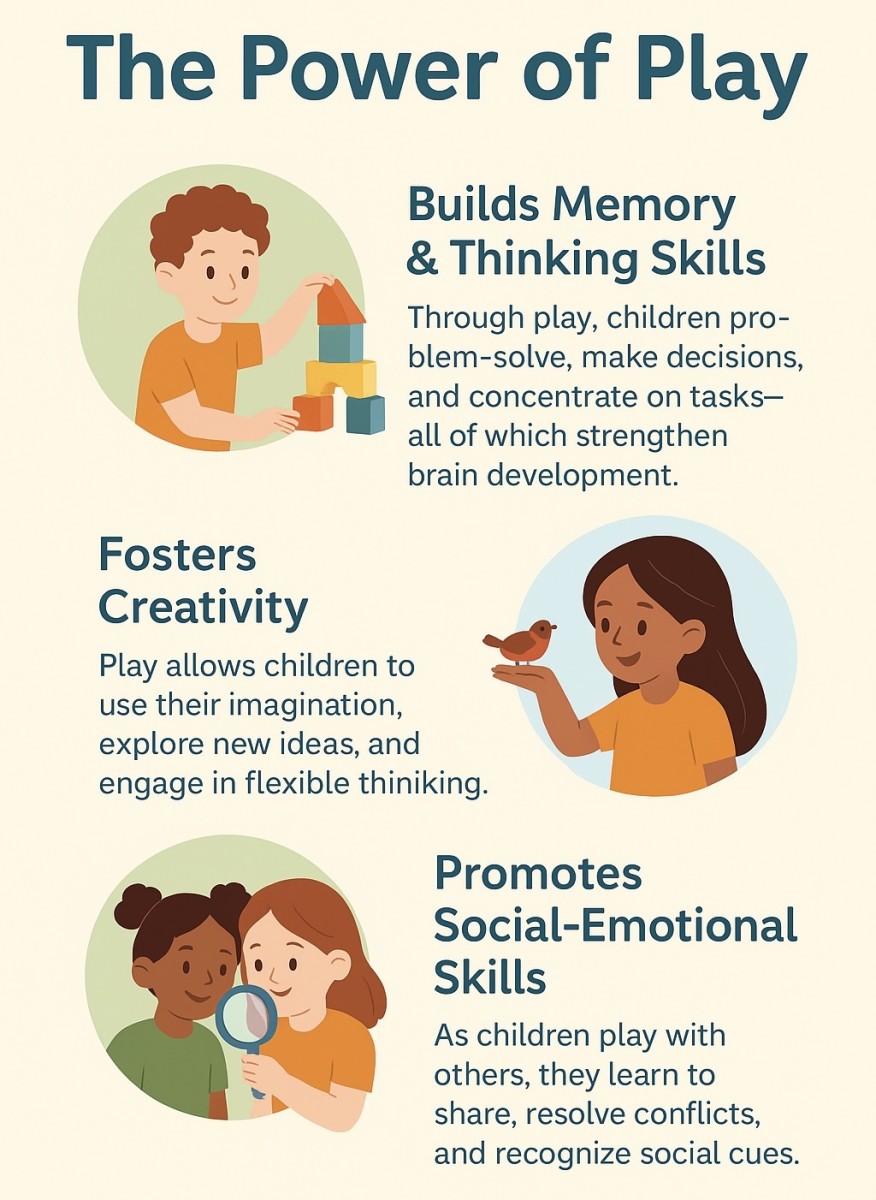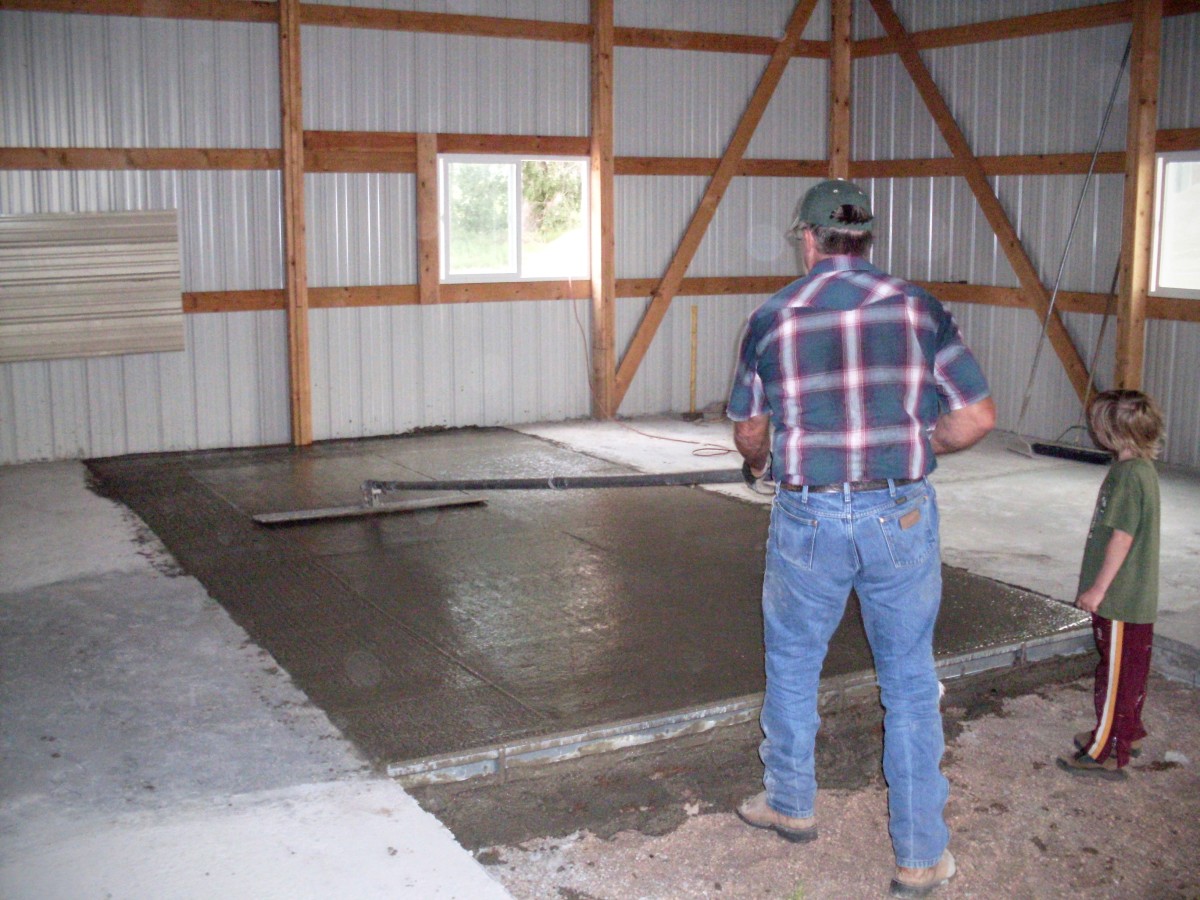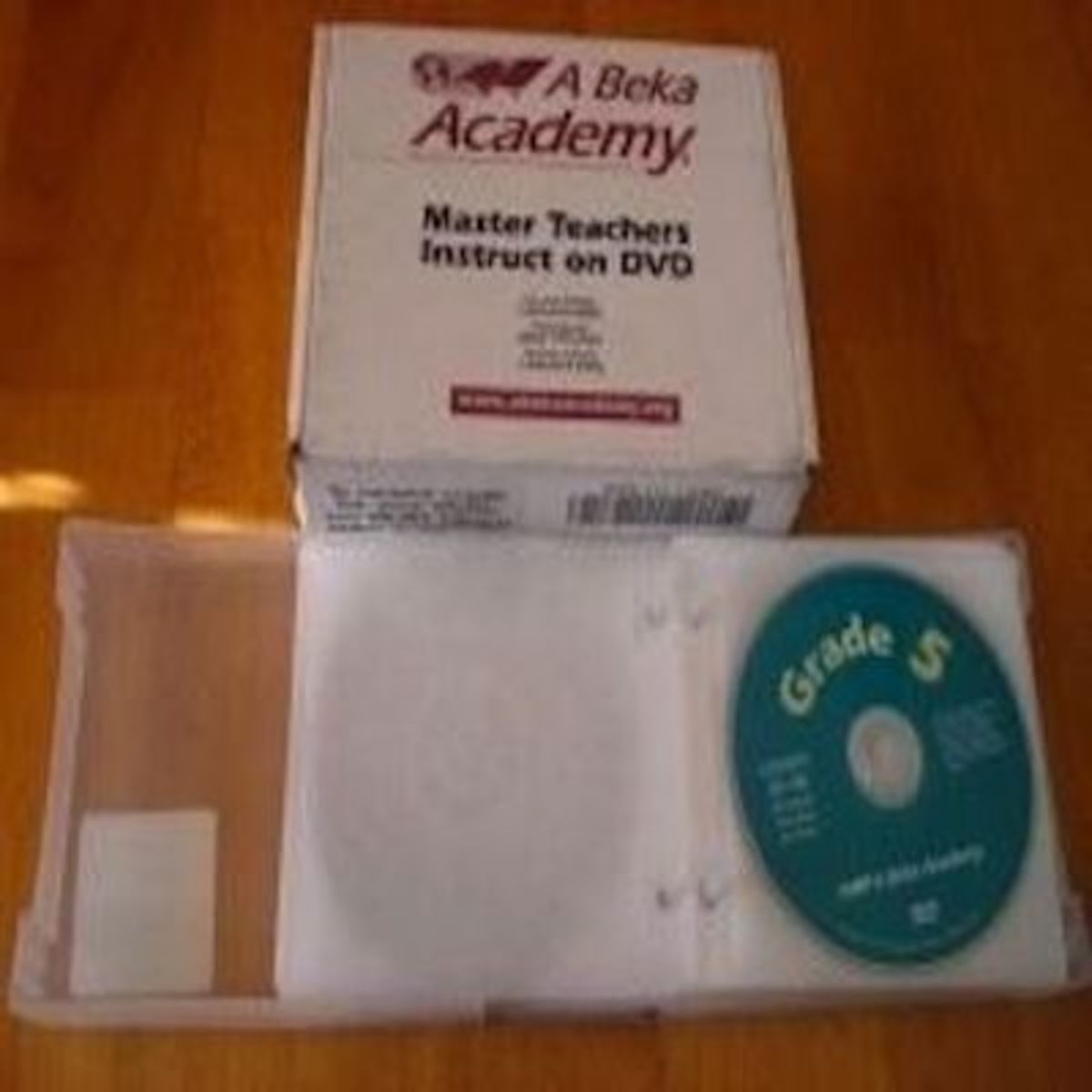How To Create A History Thematic Unit
Check out The Christian Unschool
Creating a history thematic unit
If you want to put together a history unit study for you children, you should know that this is somewhat different from creating a normal unit study. Here are some things that you will need to do before getting started. Of course, you will need to choose a topic to begin with. From there you will want to think about your budget as you try to be creative in finding:
1.Books
2.Hands on activities
3.Creative writing activities
4.Foods
5.Field trips
6.Art projects
When you have decided upon these things you will need to gather together all of your materials. A textbook can be very helpful here, as it will provide you with a list of people, places and events that correlate with your theme. After you have this list, take a trip to the library so that you can talk to a librarian who will be able to help you find age appropriate books and videos for your child. You are going to want to use at least one fiction and one nonfiction book. These books will help you think of creative projects to go along with your history study. While at the library you should also take advantage of their Internet connection to look for lesson plans that are already prepared and ready for you to use. The Internet can also help you to find some great places to go on a field trip. There may be other activities available as well.
Now that you have all of these materials it is time to start making plans to implement this unit. The first thing you need to decide is how you are going to introduce your children to this historical event. Decide in what order the library books are to be read and how you are going to be sure they understand what they are reading. While your children are reading this book you can also work with other subjects, for instance:
1.Art: Build models, paint pictures, sew, draw, build dioramas
2.Math: Create math problems based upon the time period
3.Science: Find out what was going on in science during that time period
4.English: Have your children write about the topic that you are studying; create a vocabulary and spelling list that is centered around what you are studying
5.Map skills: Spend some time making your own maps of the theme that you are studying
6.Graphing and charting: Talk about the different types of graphs and charts that exist and decide which would work best for charting your data
7.Public speaking: Learn how debates work and what the hot topics that were being debated at that time were
8.Music: Research what type of music was popular during that time and listen to it
9.Physical education: research what games, sports and dances were enjoyed during that time and then try some of them at out
Once you have collected and organized everything, it is time to put the unit together in a notebook. Make sure that you know how long you want this unit to last. Then write down how you would like to do the overview. You can either have the children read the textbook and answer questions or simply tell them all about it.
Now that your children know what they are going to study, it is time for them to make a timeline on banner paper with illustrations and decorations. This will take a few days to do but your children will learn math and planning skills from it.
Now that the foundation has been laid out and a timeline has been created, it is time to start reading some of the materials that you have selected. A chapter a day is a good goal to set for yourself and your children. After you have been reading for a while, you can start planning a project to do. Write down your ideas and the supplies that will be needed for the ideas that you have. You can also start working on writing papers about the topic that you are studying. Whatever you do, make sure that you mix some fun things in with the work. Of course, you will also want to make sure that you have an emergency lesson plan that your children can do without you in case you get sick one day.
Now all you need to do is check with your child each week in order to see how they are doing and how they are feeling. Have a time when your children can share with one another what they are learning. You should also be prepared to do emergency research whenever it is necessary. This is why it is a good idea to plan to spend one day per week at the library working upon your unit study.
Good luck!
How To Create A History Thematic Unit
